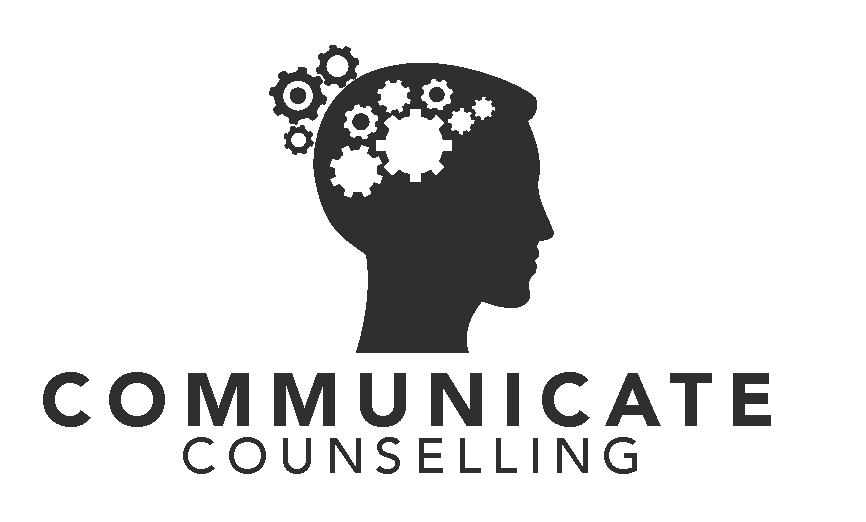Frequently Asked Questions
What Is Counselling / Psychotherapy?
Counselling and psychotherapy provide a helping relationship, allowing a space for you to work through any issues or problems that you may be experiencing at any point in your life. Through this relationship, you may begin to gain more of an understanding about your feelings and impulses; you may also begin to work through the effects of events which are causing difficulties for you in your daily life. There is much debate about the difference between counselling and psychotherapy; however they are essentially the same thing. Whether you choose counselling or psychotherapy, the most important thing is to choose the right therapist. The way that you connect with your therapist is likely to determine how successful therapy will be.
What Happens In Counselling And Psychotherapy?
What happens in your counselling or psychotherapy sessions will be a personal process which is individual to you. Generally, sessions last for one hour and you will see your therapist in the same location on a weekly basis. However, this can be altered to suit your needs; for example, sessions can be longer than one hour and may be booked every two weeks should you prefer. Confidentiality is a highly important aspect of counselling and psychotherapy which you may discuss with your therapist should you wish to. At Communicate Counselling we adhere to a code of ethics which requires respect for your privacy. Counselling and Psychotherapy do not involve medication, and anti-depressants must be prescribed through your GP.
Who Comes To Counselling?
For most of us there are times in our lives when we experience anxiety, distress or feelings of emptiness. This may be due to current circumstances such as illness, relationship tensions or bereavement. These current circumstances may also bring buried feelings from the past back up. Our own unhappiness may affect our work, social life, physical health and those who love us. It is often when we reach a point where we can no longer resolve conflict or come to terms with pain or disappointment, and see little hope of change, that we seek help. Counselling and psychotherapy can be helpful to people of all ages and from all walks of life. People are considered for therapy regardless of race, age, colour, religion, sexual orientation or educational status.
What Kind Of Problems Bring People Into Therapy?
People come into therapy with many different difficulties. Perhaps you are wondering how you’ve got to where you are, or questioning the meaning of life. Perhaps you are feeling:
• lonely or depressed
• unable to cope
• burdened by resentment, disappointment or despair
• that family problems are too much to bear
• that things could be better
• that you’ve not yet realised your full potential
• anxious and unable to concentrate
• curious or anxious about your sexuality
• concerned about drinking or eating problems
You may seek therapy if you have difficulty in making or sustaining relationships, or repeatedly become involved in unsatisfying or destructive relationships. Other problems that people bring to therapy include:
• obsessive behaviour, phobias and/or panic attacks
• worries caused by debt or loss of income
• post-natal depression or the ‘baby blues’
• extreme mood swings
• difficulty in coming to terms with losses such as bereavement, divorce, or loss of a job
How Do I Know If I Need Counselling Or Psychotherapy?
Therapy can provide a regular time and place for you to explore your feelings and may help you to make sense of problems even if things don’t feel right and you are not quite sure why.
Only you can decide whether you wish to try counselling or psychotherapy. Simply having somebody to talk to who is not a friend or family member and has an impartial perspective can make a great difference.
Counselling or psychotherapy can help you develop better ways of coping with life’s difficulties.
What Training, Qualifications And Experience Should Counsellors And Psychotherapists Have?
There are currently no laws in the UK regarding counselling and psychotherapy. However, guidelines recommend that, in order to practice, counsellors should have completed at least an appropriate diploma, or completed a degree which requires a minimum of 400 hours therapy training.
Should I See A Therapist Who Is The Same Gender As Me?
Therapy is about you as an individual and not about the therapist, therefore gender is not significant. However, it is perfectly acceptable to inform us of your preference should you have one.
How Many People In The UK Have Counselling Or Psychotherapy?
The figures are uncertain, however, the number of qualified counsellors has tripled in the last 10 years to keep up with demand. There are millions of people all over the world affected by mental health problems. Those who do not experience some form of mental distress at some time during their lives are probably fairly unusual and extremely lucky.


